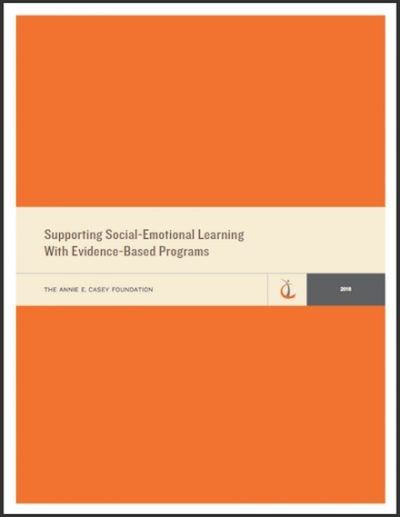Terminology Check
Social and emotional learning enables individuals to acquire and apply the knowledge, attitudes and skills needed to understand and manage emotions, set and achieve goals, feel and show empathy for others, establish and maintain relationships and make responsible decisions.







